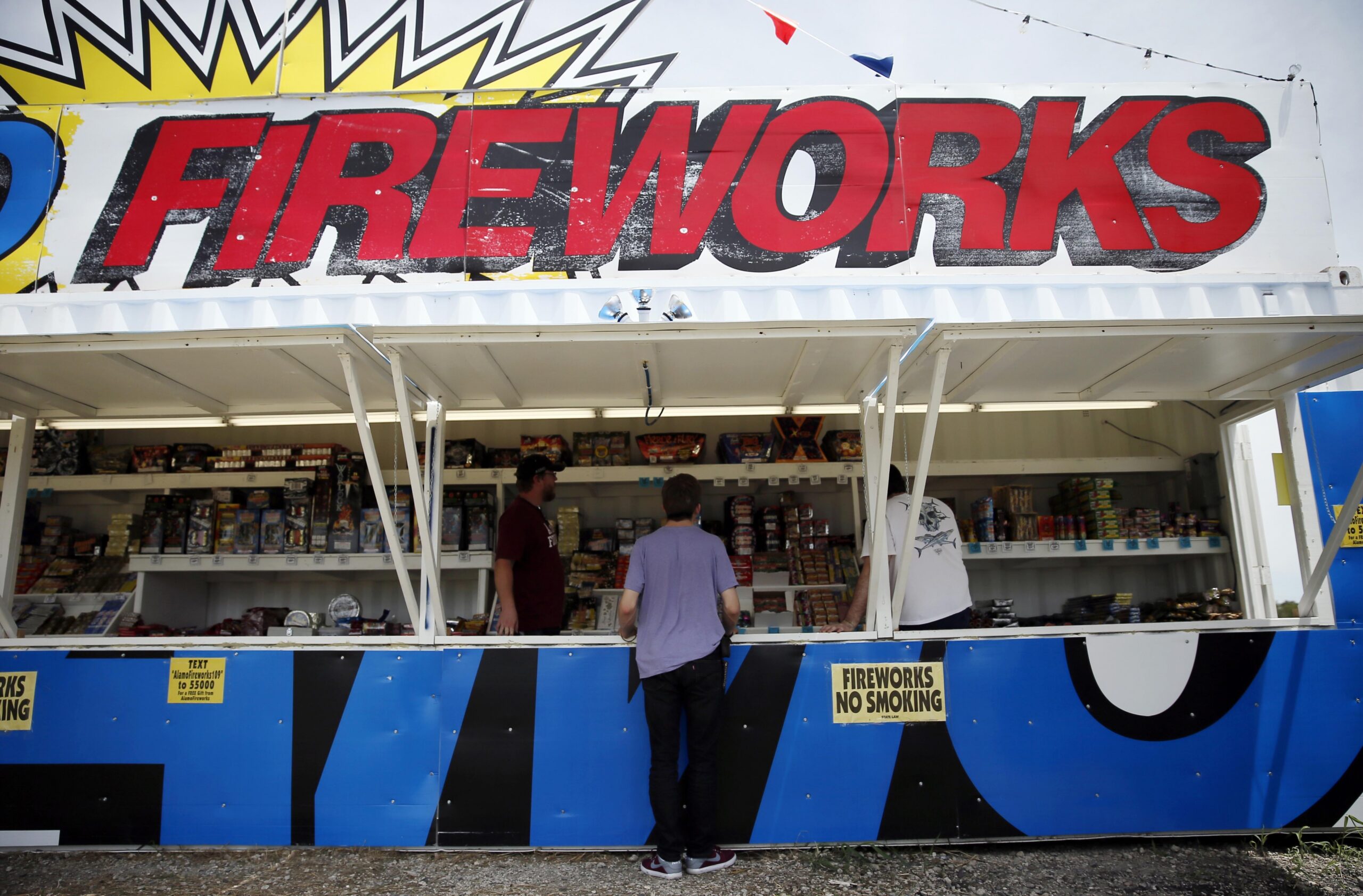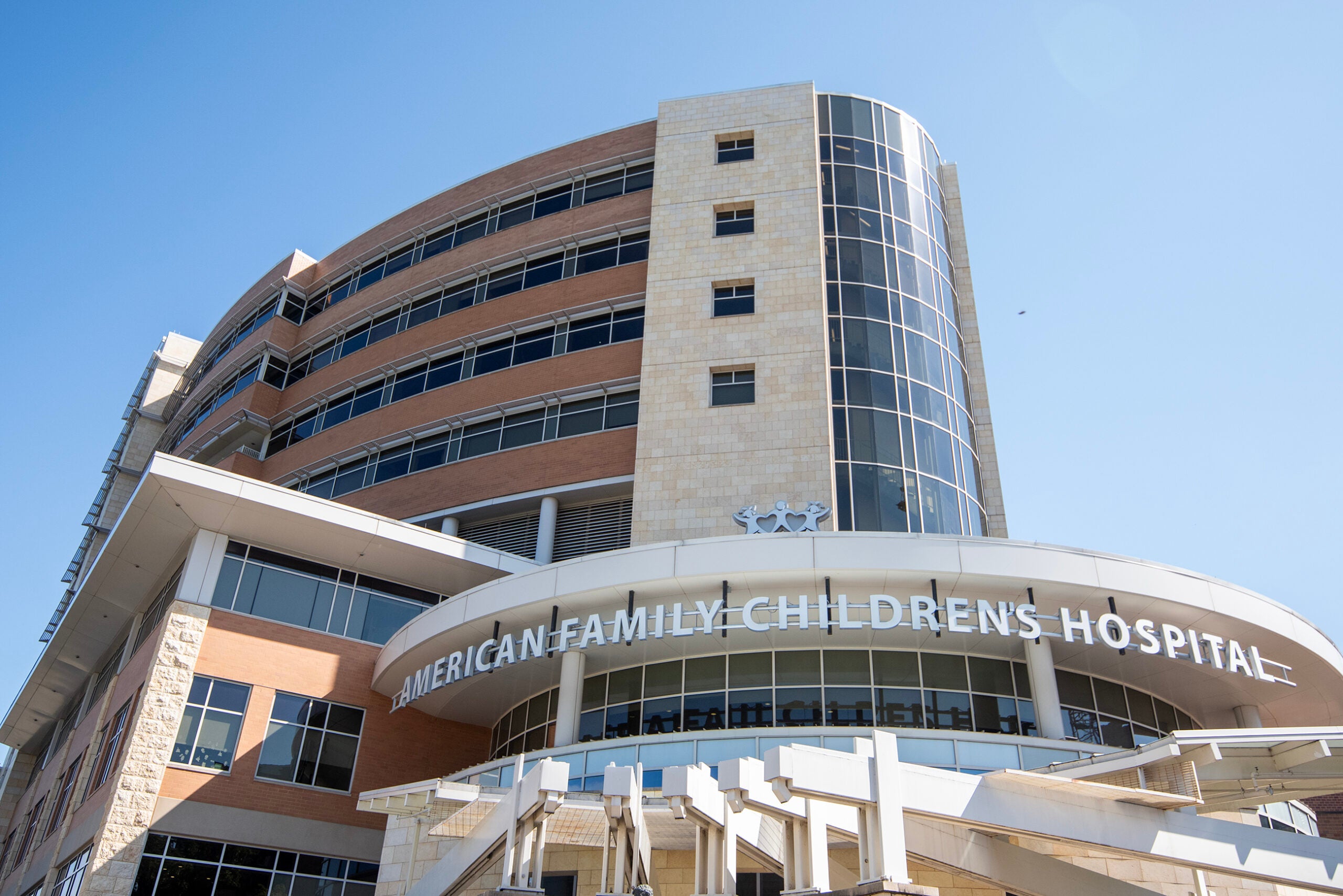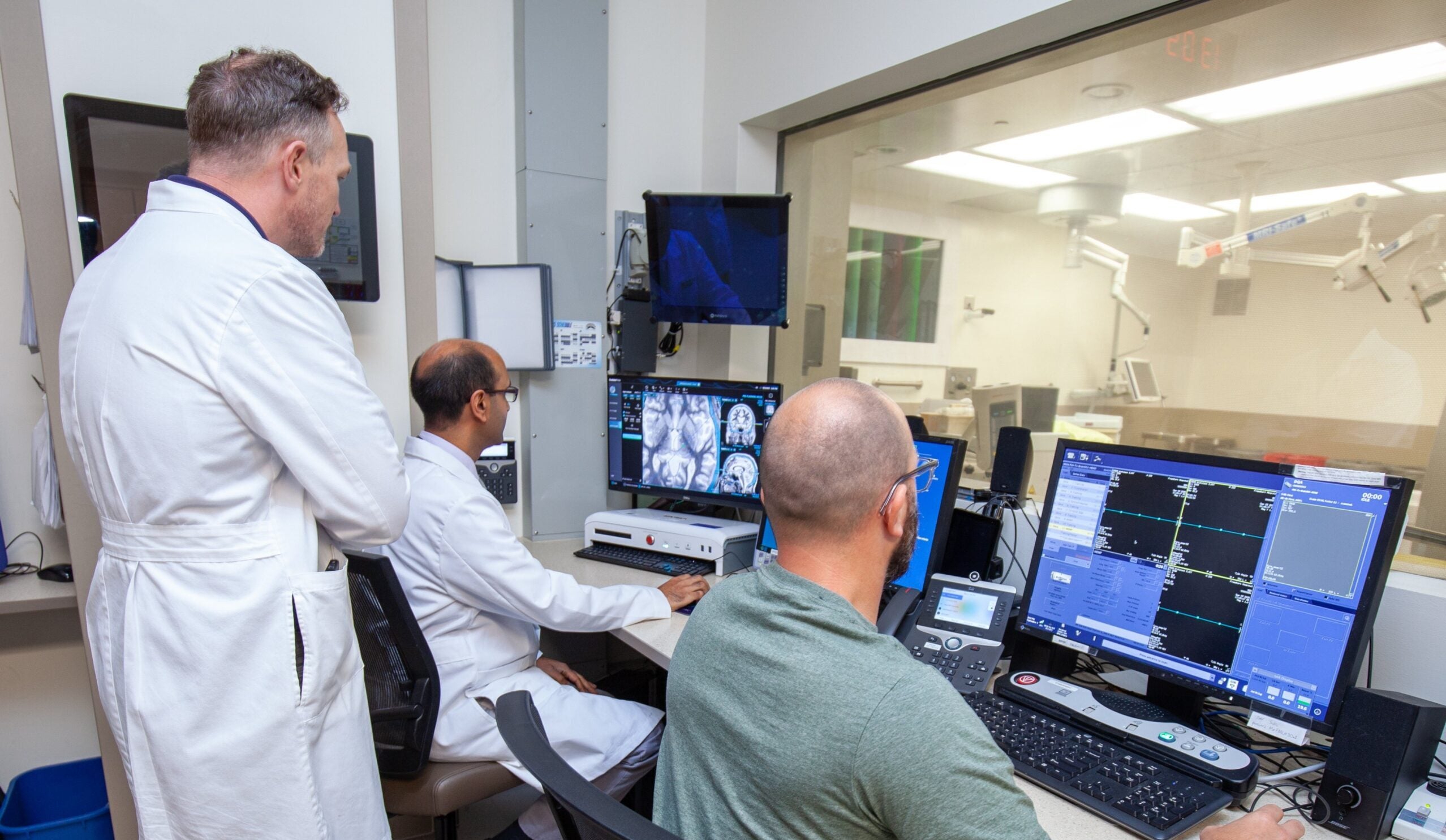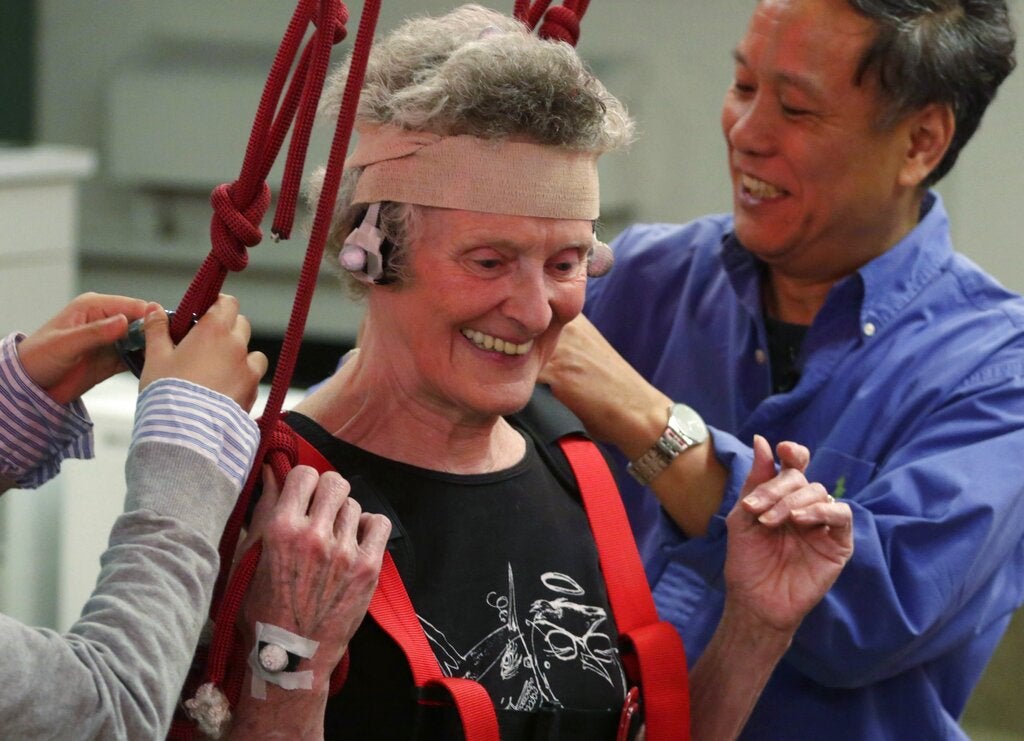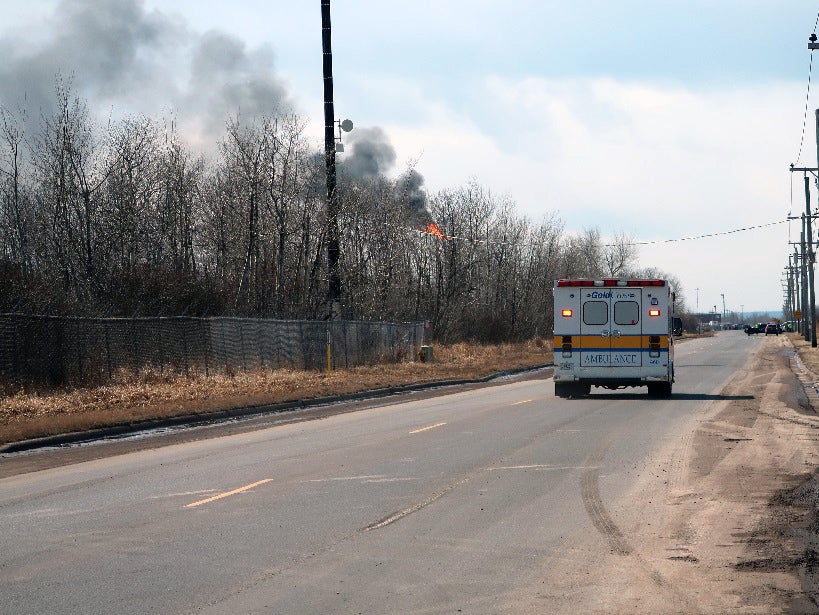Wisconsin health providers are urging residents to be mindful of fireworks-related injuries this holiday weekend after seeing a nationwide increase last year.
The U.S. Consumer Product Safety Commission reported that fireworks-related injuries were up 52 percent in 2024 compared to the previous year. An estimated 14,700 people were treated in emergency rooms across the country last year.
The agency also reported 11 deaths from fireworks, most involving misuse of the products and misfires or malfunctions.
News with a little more humanity
WPR’s “Wisconsin Today” newsletter keeps you connected to the state you love without feeling overwhelmed. No paywall. No agenda. No corporate filter.
Dr. Patrick Shahan, trauma and acute care surgeon at UW Health, said last year’s uptick in injuries was also felt in Wisconsin.
“It can be something as small as a hand burn from a sparkler up to really substantial, life-threatening injuries from explosions,” he said. “Things like really severely injured and disfigured hands, especially from people who are holding fireworks when they’re lighting them.”
Chanse Kaczmarski, president of the Wisconsin EMS Association, said July Fourth is a common time for these injuries, but first responders see fireworks-related calls from Memorial Day to Labor Day every year.
“Pretty much as soon as you see those roadside stands pop up, we are going to be more prone to see those types of injuries happening,” said Kaczmarski, who works as a paramedic for the Fitch-Rona EMS District.
He said the injuries are most often in the people lighting off fireworks rather than bystanders, and many are young adult men. Most EMS calls are for injuries to the hands and face, which Kaczmarski said can be complicated to treat.
“You have the force of the blast, you have the potential for shrapnel from whatever that powder was housed in, and then you have a burn injury that goes along with it,” he said. “It’s definitely a multi-trauma [call].”
But Shahan warns that some of the simplest fireworks, such as sparklers, can also be a risk and most often affect children.
“Sparklers burn extremely hot, and even just a fraction of a second of contact with something that’s that hot can cause a pretty deep burn,” he said.
National data shows around 1,700 ER-treated injuries involved sparklers last year.
To stay safe this summer, Shahan said people planning to use fireworks should think ahead about where they will be lighting them off. That includes moving flammable items away from the area and ensuring young children and other bystanders are far enough away. And he urged people using larger fireworks like mortars to practice extra caution.
“Whether they’re legal or not, we know that people use them,” Shahan said. “They are little bombs, and I think it’s important for people to remember that and to just treat them with the appropriate amount of respect.”
Kaczmarski urged people to only use legally purchased fireworks and to remain sober when operating them. He recommends wearing eye and ear protection, and having water on hand before lighting a fuse.
“We want to have water handy to put [fires] out if that does become a problem, and we want to have water handy if you do burn yourself, so that we can cool and stop the burning process,” he said.
Kaczmarski said burn injuries that feel similar to a sunburn can most likely be treated at home. But he cautioned that burns to fingers and hands can be more severe than people realize and should likely be checked by a medical professional.

Wisconsin Public Radio, © Copyright 2026, Board of Regents of the University of Wisconsin System and Wisconsin Educational Communications Board.

